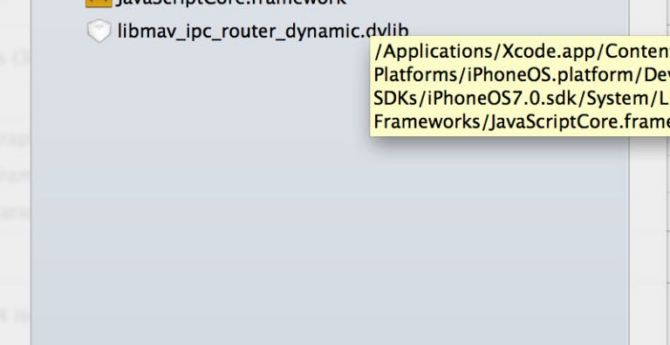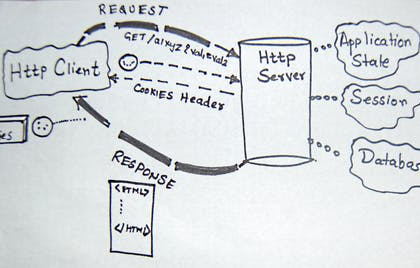Flatiron School Blog

Flatiron School
Recording and Playing Audio using AVFoundation Framework
Here’s a short tutorial to implement these controls using AVFoundation Framework

Flatiron School
FASTER FIVE …on OSX
The following is a guest post by Sam Yang and originally appeared on his blog. Sam is currently in the Ruby-003 class at The Flatiron School. You can follow him on Twitter here. OSX has some pretty handy shortcuts that a lot of users (especially those super adept at keyboard shortcuts and terminal) sometimes forget. Here are a […]

Flatiron School
Flatiron Day 19: Debugger Day
A project where we had to add NSFetchedResultsController and its delegate in order to fill a TableView with data.

Flatiron School
HTTPrime: What Can We Learn About Http Request-Response From a Steakhouse?
The following is a guest post by Matt Campbell and originally appeared on his blog. Matt is currently in the Ruby-003 class at The Flatiron School. You can follow him on Twitter here. why must an http request be so confusing?! Look, we’ve all been there. When first setting out to learn about the Great Internets, one of […]

Flatiron School
10 Useful to Somewhat Useful Bash Shortcuts: Every second saved is a second earned.com
The following is a guest post by Brendan Manley and originally appeared on his blog. Brendan is currently in the Ruby-003 class at The Flatiron School. You can follow him on Twitter here. 1. move cursor one word to the left: esc + b Isn’t it annoying that you often find yourself holding down your left arrow key […]

Flatiron School
On Convention
The following is a guest post by Kyle Shike and originally appeared on his blog. Kyle is currently in the Ruby-003 class at The Flatiron School. You can follow him on Twitter here. The use of convention in the programming ethos is a pretty remarkable thing. It exists outside of the ruthlessly binary computing process, and it ultimately […]

Flatiron School
Creating my first gem
The following is a guest post by Scott Luptowski and originally appeared on his blog. Scott is currently in the Ruby-003 class at The Flatiron School. You can follow him on Twitter here. A few weeks ago, I built a Ruby script to find the current standings of the English Premier League and display them in the terminal. […]
Browse by Category
- All Categories
- Admissions
- Alumni Stories
- Announcements
- Artificial Intelligence
- Career Advice
- Cybersecurity Engineering
- Dallas
- Data Science
- Denver Campus
- Diversity In Tech
- Enterprise
- Flatiron School
- Hackathon
- How To
- NYC Campus
- Online Campus
- Partnerships
- Software Engineering
- Staff / Coach Features
- Tech Trends
- Texas
- UX / UI Product Design
- Women In Tech
